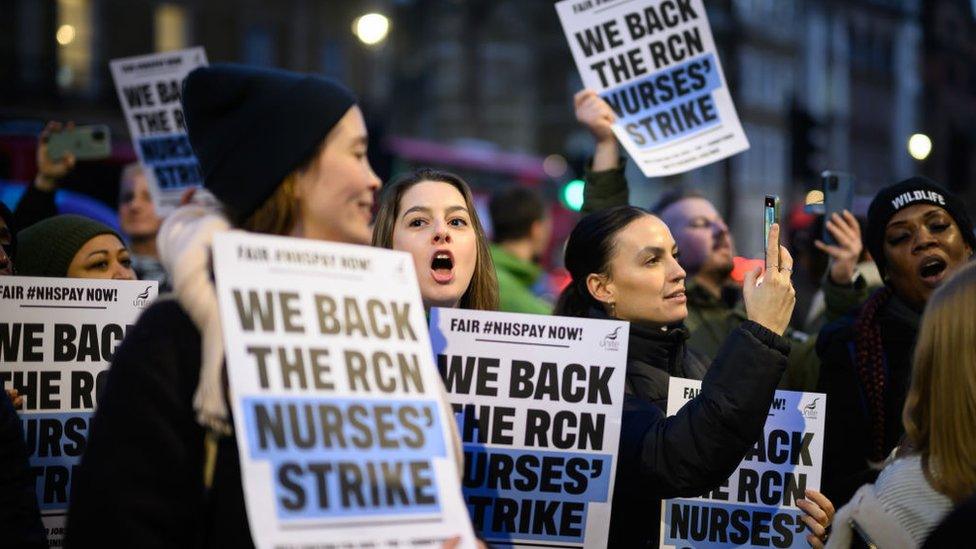Nurses to stage 48-hour strike as dispute escalates
- Published
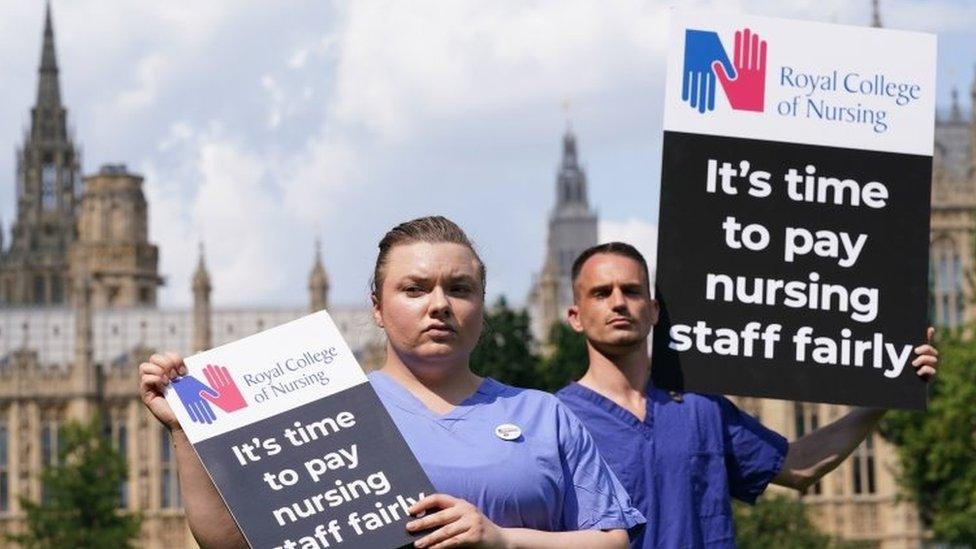
The Royal College of Nursing (RCN) has announced its biggest walkout of the pay dispute in England.
Its members at half of hospitals, mental health and community services will take part in the 48-hour strike from 1 to 3 March.
The union will also ask members working in key areas such as critical care and chemotherapy to take part in strike action for the first time.
Ministers accused the union of putting patients at risk.
"We are working closely with NHS England on contingency plans, but this action will inevitably cause further disruption," added Health Secretary Steve Barclay.
During the previous six walkouts, the RCN exempted core services from strike action - dialysis, neonatal care, intensive care, paediatric, A&E and chemotherapy.
Any service wanting RCN members to provide life-and-limb cover - as they are required to do under trade unions laws - will also have to negotiate with union leaders rather than local agreements being put in place with local reps.
The RCN feels this has led to too many local exemptions, particularly in areas like adult A&E.
Instead, services will be asked to use nurses who are not members of the RCN, or other health professionals, to cover services during the strike.
Only once those avenues have been exhausted will the RCN agree to provide cover.
Union taking action with 'heavy heart'
The walkout is also the first time the RCN has announced a continuous 48-hour strike.
There have been stoppages over two consecutive days, but they have only lasted for 12 hours each.
More than 100 services will be involved in this strike, covering all the sites where the RCN has a mandate.
During the strike ballot, individual votes were held at each trust.
In about half of trusts, the votes did not reach the required threshold for action to take place.
RCN general secretary Pat Cullen said: "It is with a heavy heart that I have today asked even more nursing staff to join this dispute."
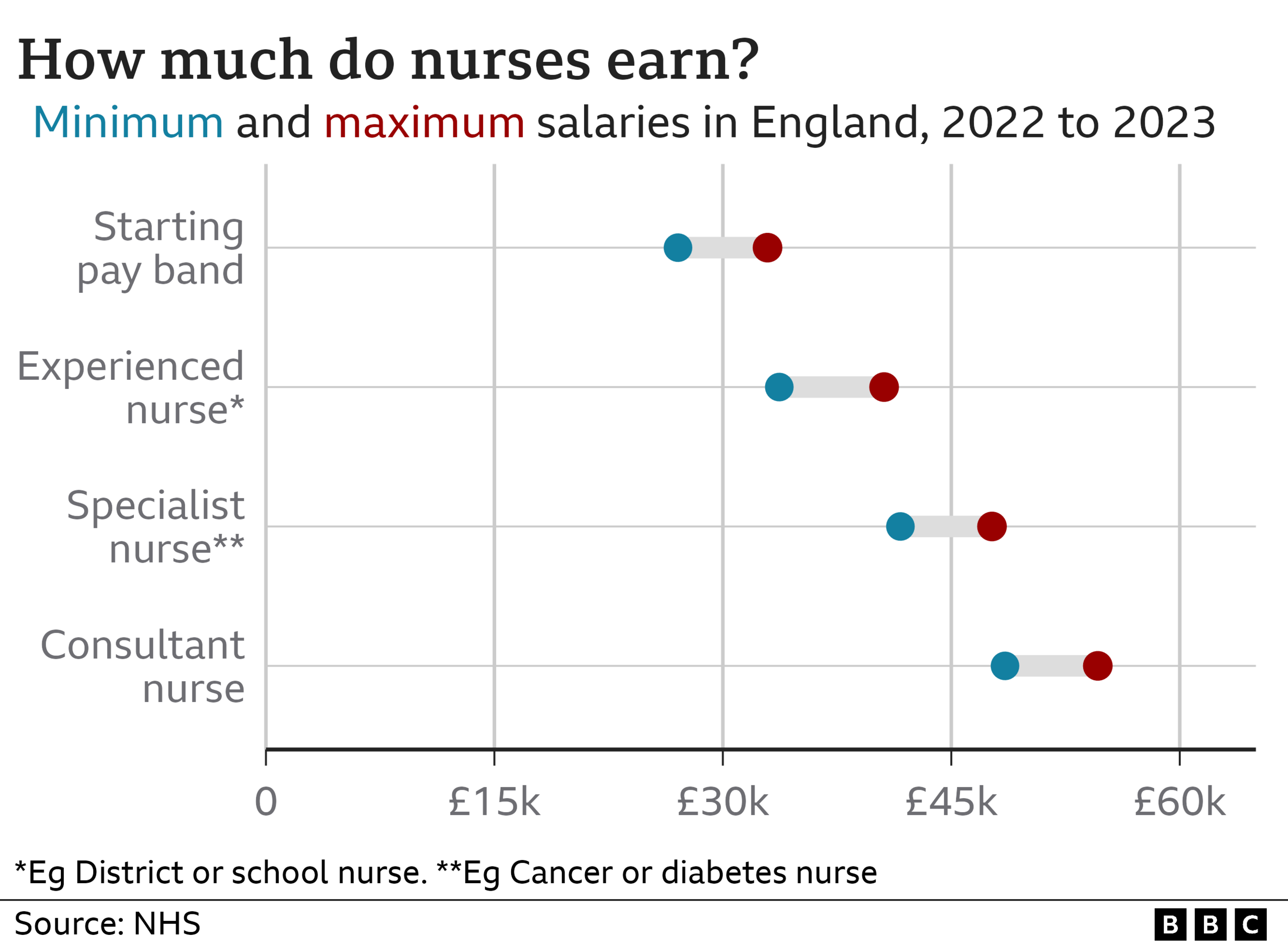
The RCN has asked for a pay rise of 5% above inflation, but the government has awarded staff below the grade of doctors 4.75% on average.
However, the union has suspended strikes in Scotland and Wales after fresh offers were made, even though they were well below what they are demanding.
Strike action is not taking place in Northern Ireland, where staff have been given a 4.75% rise, because there is no government in place there at the moment.
Matthew Taylor, chief executive of the NHS Confederation, which represents health managers, said: "The stakes have just got higher and NHS leaders are becoming increasingly concerned about the escalating waves of industrial action.
"They are desperate for a resolution."
Separately, UK rail workers are set to walk out in a fresh series of strikes in March and April in a long-running dispute over pay, jobs and conditions.

Have you been affected by the issues raised here? If you plan to strike or are a patient whose treatment may be affected you can get in touch by emailing: haveyoursay@bbc.co.uk, external.
Please include a contact number if you are willing to speak to a BBC journalist. You can also get in touch in the following ways:
WhatsApp: +44 7756 165803, external
Tweet: @BBC_HaveYourSay, external
Or fill out the form below
Please read our terms & conditions and privacy policy
If you are reading this page and can't see the form you can email us at HaveYourSay@bbc.co.uk, external. Please include your name, age and location with any submission.
Related topics
- Published22 December 2022
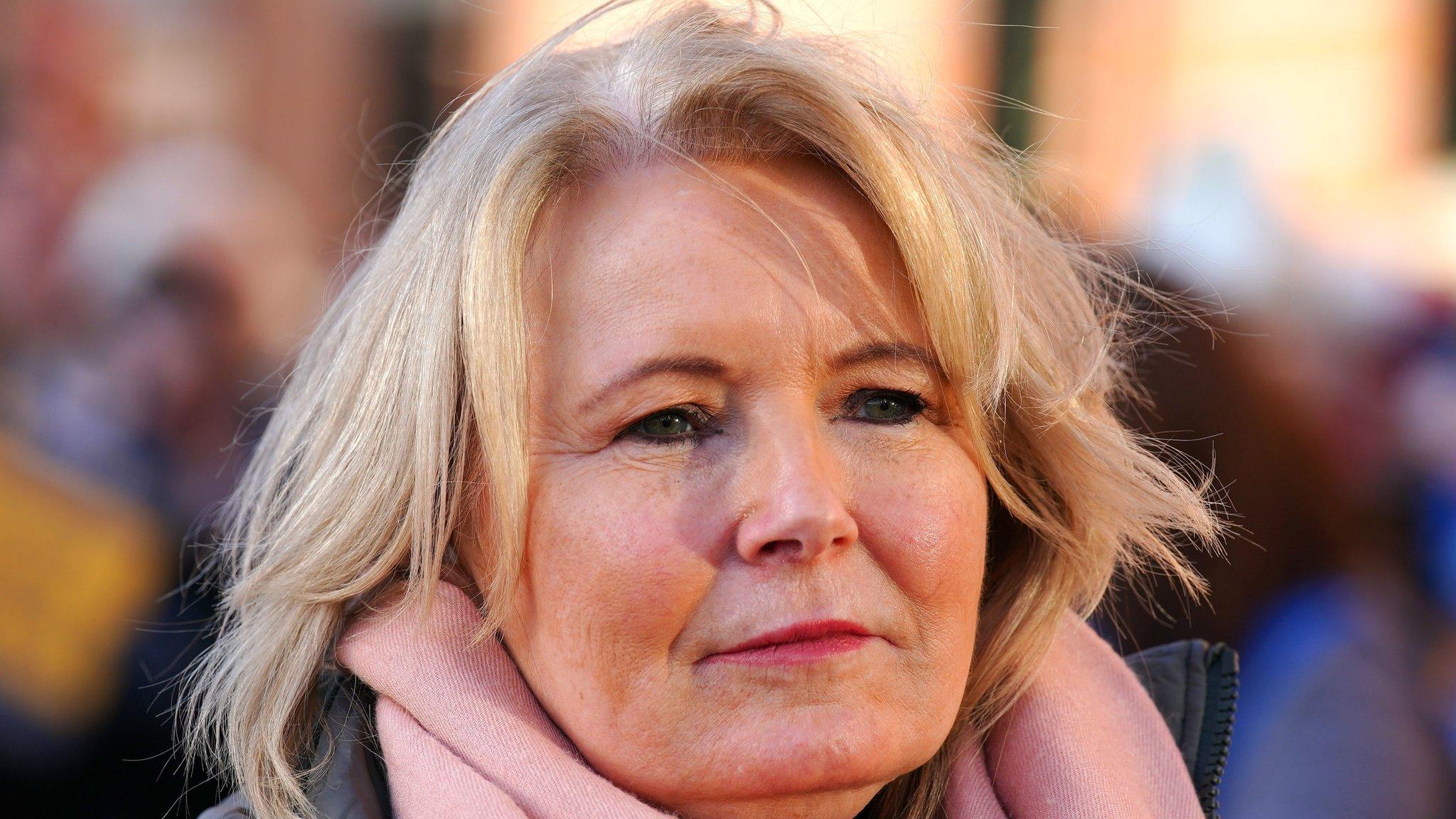
- Published7 February 2023
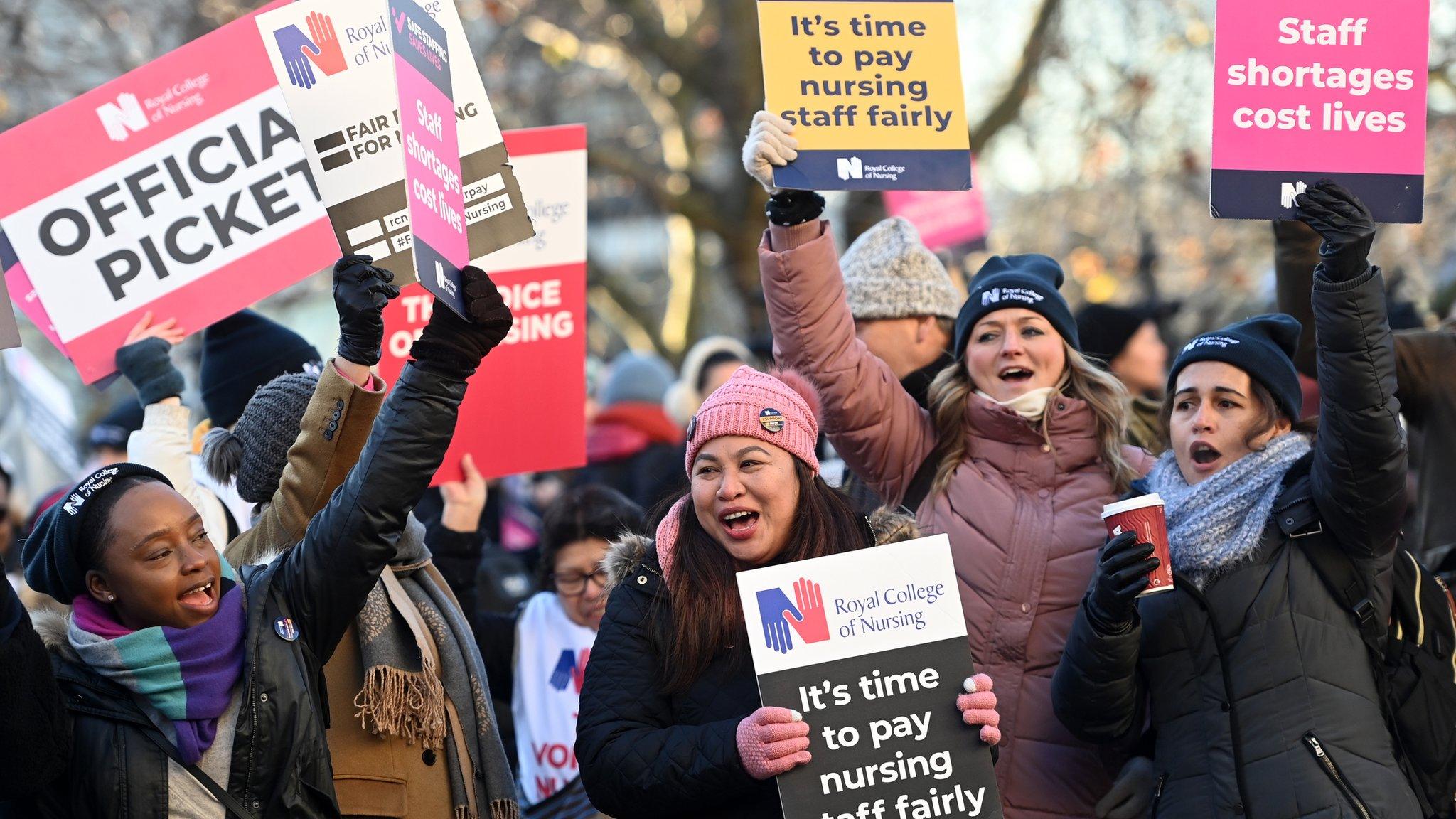
- Published23 December 2022
